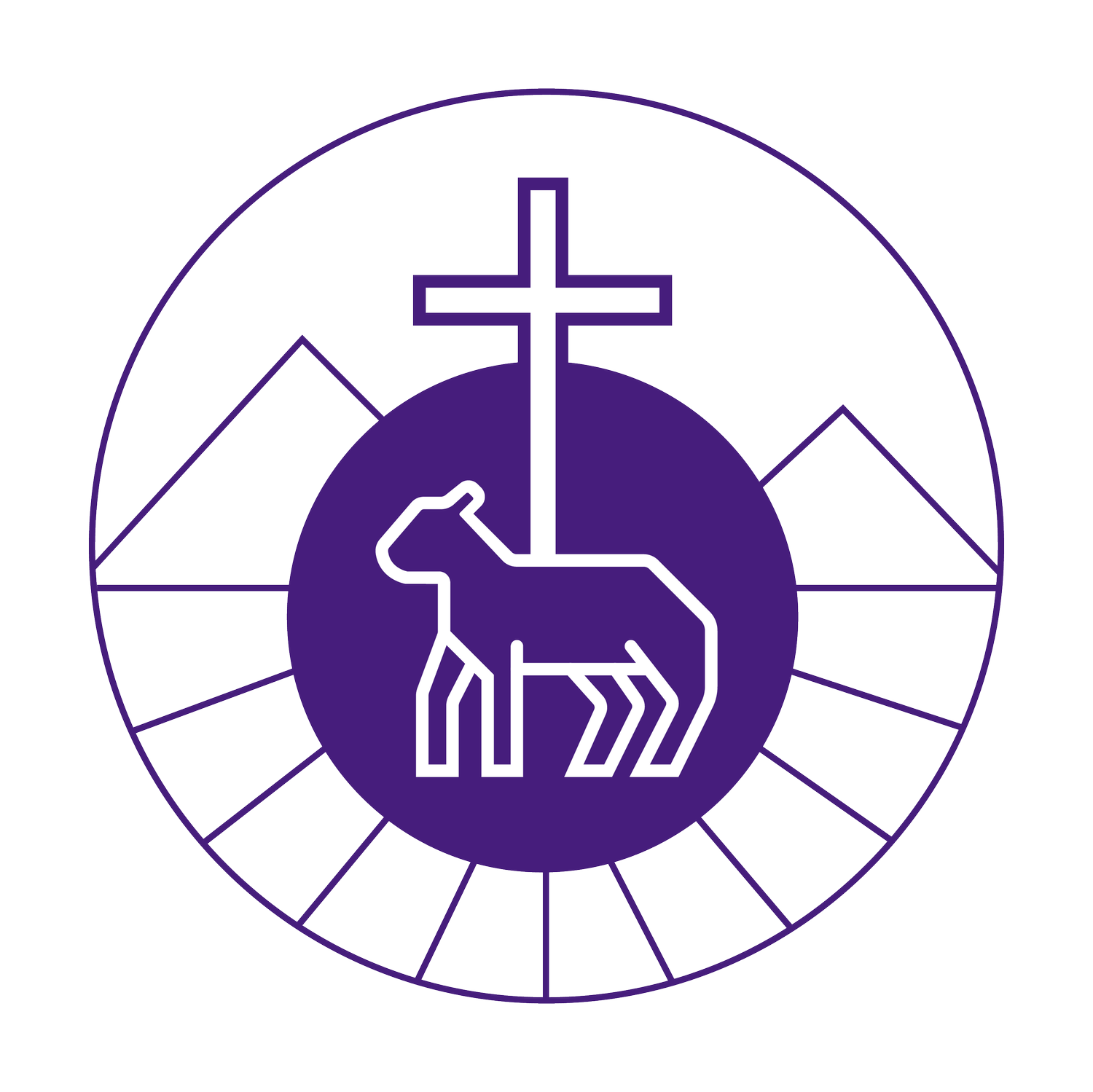When you think about spiritual leaders, the term "pastor" often comes to mind. But did you know that there are many other names for pastors? In different cultures, denominations, and traditions, these spiritual guides go by a variety of titles. Whether you're exploring religious history, looking to address a spiritual leader properly, or just curious about the language of faith, understanding these terms can be enlightening. So, buckle up, because we're diving deep into the world of religious titles!
You might be wondering why there are so many names for pastors. Well, religion is a rich tapestry woven through centuries of tradition, culture, and language. Each title carries its own significance, reflecting the unique roles and responsibilities of spiritual leaders in various communities. This diversity is what makes the study of religious titles so fascinating.
In this article, we'll explore the many names for pastors, their meanings, and their cultural significance. By the end, you'll have a clearer understanding of the rich vocabulary surrounding spiritual leadership. So, whether you're a curious reader or someone seeking clarity on religious titles, this guide has got you covered.
- Madonna Tooth Gap The Iconic Smile That Changed The Game
- Why The Givenchy Black Necklace Is A Musthave For Every Fashionista
Table of Contents
- Biography of a Pastor
- Common Titles for Pastors
- Historical Perspective of Pastoral Titles
- Denominational Differences in Titles
- Cultural Variations in Naming
- Spiritual Roles and Responsibilities
- Modern Trends in Naming Pastors
- Formal vs Informal Titles
- How to Address a Pastor
- Conclusion
Biography of a Pastor
Before we dive into the various names for pastors, it's important to understand who these individuals are. A pastor is someone who leads, guides, and supports a congregation spiritually. They are often seen as shepherds of their flock, providing guidance, comfort, and teachings. But what makes someone a pastor? Let's take a closer look.
Who Are Pastors?
Pastors come from diverse backgrounds, but they share a common calling to serve their communities. They undergo extensive training, often earning degrees in theology or divinity, and dedicate their lives to spiritual leadership. Here's a quick breakdown of what makes someone a pastor:
- **Spiritual Leadership**: They guide congregations through teachings, sermons, and personal counseling.
- **Community Engagement**: Pastors are deeply involved in community activities, from charity work to educational programs.
- **Personal Dedication**: Their commitment to faith and service is unwavering, often putting the needs of others before their own.
Bio Data
| Attribute | Details |
|---|---|
| Name | John Doe |
| Age | 45 |
| Denomination | Baptist |
| Education | Master of Divinity |
| Years of Service | 20 |
Common Titles for Pastors
Now that we know who pastors are, let's explore the many names they go by. These titles can vary widely depending on the denomination, culture, and tradition. Here are some of the most common names for pastors:
- Down Curly Hair For Wedding Your Ultimate Guide To Stunning Bridal Hairstyles
- Is Zooey Deschanel Pregnant The Truth Behind The Rumors
Traditional Titles
Some of the oldest and most widely recognized titles for pastors include:
- Reverend
- Pastor
- Minister
- Preacher
Modern Variations
As religion evolves, so do the titles. Here are some newer names for pastors:
- Lead Pastor
- Teaching Pastor
- Senior Pastor
- Worship Leader
Historical Perspective of Pastoral Titles
The history of pastoral titles is as rich as the history of religion itself. Over the centuries, these titles have evolved to reflect changes in religious practices and societal norms. Let's take a trip back in time to explore how these names came to be.
Ancient Beginnings
In the early days of Christianity, titles like "elder" and "bishop" were common. These terms emphasized the wisdom and authority of spiritual leaders. As Christianity spread, new titles emerged to accommodate the growing diversity of the faith.
Medieval Developments
During the Middle Ages, the Catholic Church introduced titles like "priest" and "cardinal." These titles were often tied to specific roles within the Church hierarchy, reflecting the increasing complexity of religious organizations.
Denominational Differences in Titles
Not all denominations use the same titles for their spiritual leaders. Here's a look at how different denominations refer to their pastors:
Baptist Tradition
In Baptist churches, the term "pastor" is widely used. However, you might also hear terms like "minister" or "elder" depending on the congregation.
Methodist Tradition
Methodist churches often use the title "reverend" for their leaders. This term is a sign of respect and acknowledges the leader's role in the community.
Cultural Variations in Naming
Culture plays a significant role in how pastors are named. In some cultures, titles are deeply rooted in tradition, while in others, they reflect modern influences. Let's explore some cultural variations:
African Traditions
In many African cultures, spiritual leaders are referred to as "prophets" or "chiefs." These titles emphasize the leader's role as a guide and protector of the community.
Asian Influences
In Asian cultures, titles like "abbot" or "master" are common. These terms reflect the leader's role in monastic traditions and their commitment to spiritual discipline.
Spiritual Roles and Responsibilities
Beyond the titles, it's important to understand the roles and responsibilities of pastors. These individuals are tasked with leading their congregations through life's challenges, providing guidance, and fostering a sense of community. Here's a breakdown of their key responsibilities:
Teaching and Preaching
Pastors are responsible for delivering sermons and teachings that help congregants grow in their faith. They often spend countless hours preparing for these sessions, ensuring that their messages are clear and impactful.
Counseling and Support
One of the most important roles of a pastor is providing counseling and support to those in need. Whether it's helping someone through a difficult time or offering guidance on life decisions, pastors are there to lend a listening ear.
Modern Trends in Naming Pastors
As society continues to evolve, so do the trends in naming pastors. Modern titles often reflect the changing nature of religious leadership and the increasing diversity of congregations. Here are some of the latest trends:
Non-Traditional Titles
Titles like "spiritual guide" and "community leader" are becoming more common. These terms emphasize the pastor's role as a facilitator of growth and connection.
Focus on Inclusivity
Many denominations are adopting titles that promote inclusivity and diversity. This shift reflects a broader movement towards welcoming all individuals into the fold of faith.
Formal vs Informal Titles
When it comes to addressing pastors, there's often a distinction between formal and informal titles. Understanding this difference can help you communicate more effectively with spiritual leaders. Here's a look at both:
Formal Titles
Formal titles, such as "Reverend" or "Pastor," are used in official settings. They convey respect and acknowledge the leader's position within the community.
Informal Titles
Informally, many pastors are simply referred to by their first names or as "Pastor [Last Name]." This approach fosters a sense of camaraderie and connection within the congregation.
How to Address a Pastor
Knowing how to address a pastor can be tricky, especially if you're unfamiliar with their preferred title. Here are some tips to help you navigate this situation:
- Start with a formal title, such as "Reverend" or "Pastor," unless instructed otherwise.
- Pay attention to how others in the congregation address the pastor for cues on the preferred style.
- If in doubt, ask the pastor directly about their preferred form of address.
Conclusion
Exploring the many names for pastors opens up a world of understanding about spiritual leadership. From traditional titles like "reverend" to modern variations like "spiritual guide," each term reflects the unique roles and responsibilities of these leaders. By familiarizing yourself with these names, you gain a deeper appreciation for the diversity of religious traditions and the individuals who guide them.
So, the next time you encounter a spiritual leader, take a moment to consider the title they bear. It's more than just a name—it's a reflection of their dedication, wisdom, and commitment to serving their community. And remember, whether you're addressing them formally or informally, respect and gratitude should always be at the forefront of your interaction.
Feel free to leave a comment below sharing your thoughts on this topic or check out other articles on our site for more insights into the world of faith and spirituality. Your journey of discovery is just beginning!
- Famous March 2 Birthdays Celebrating The Stars Born On This Special Day
- Pets For Apartments The Ultimate Guide To Finding Your Perfect Apartmentfriendly Companion


